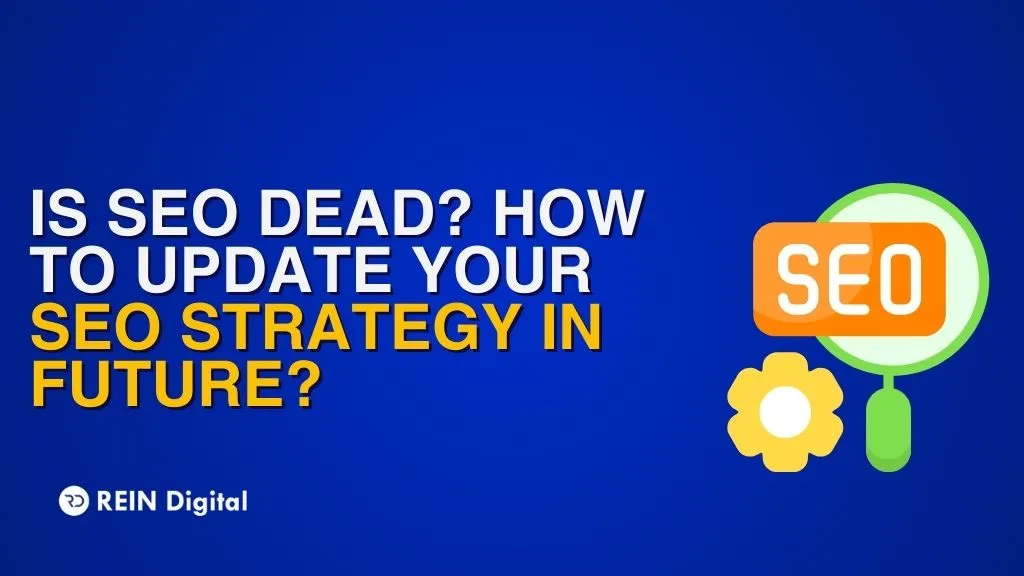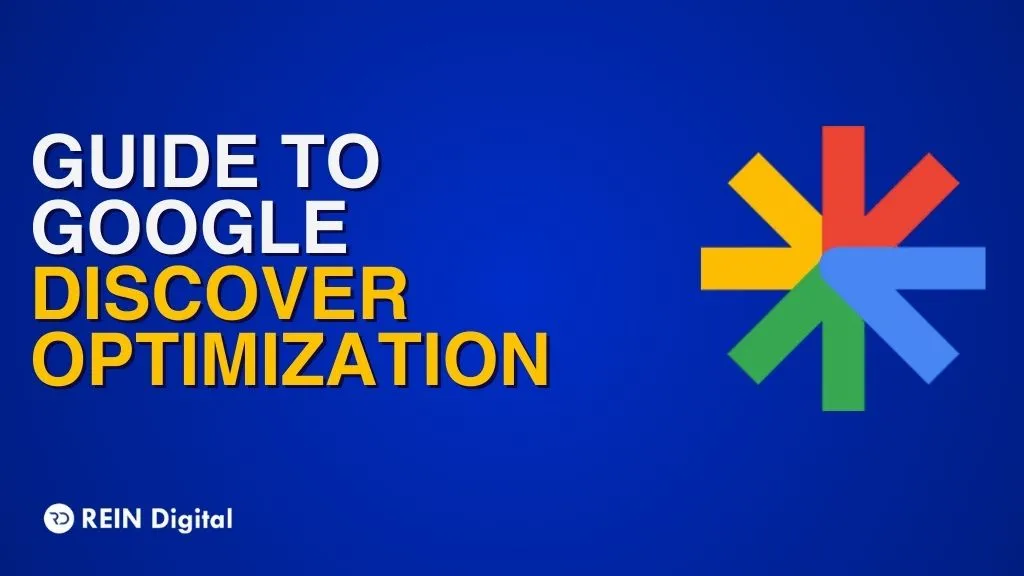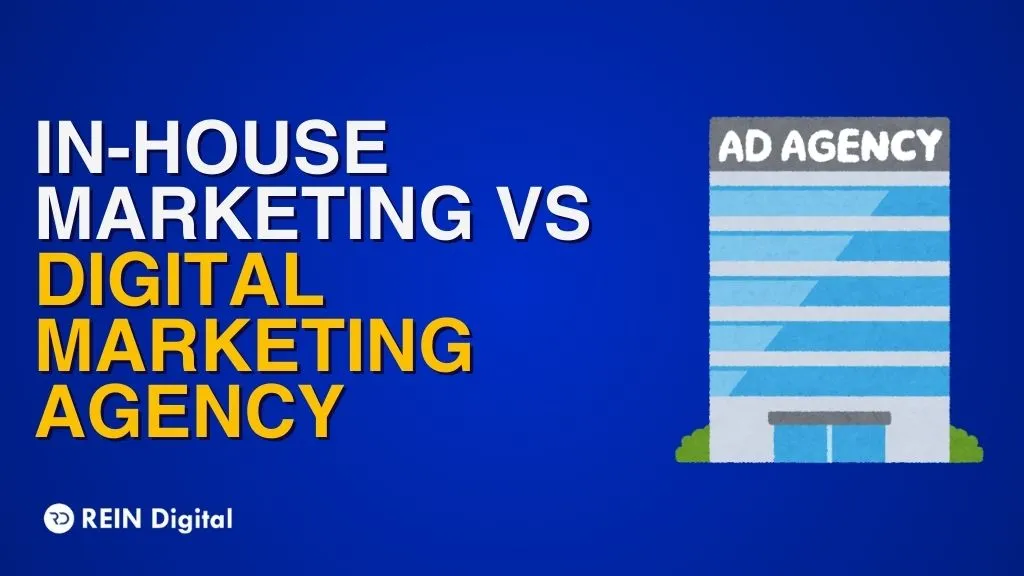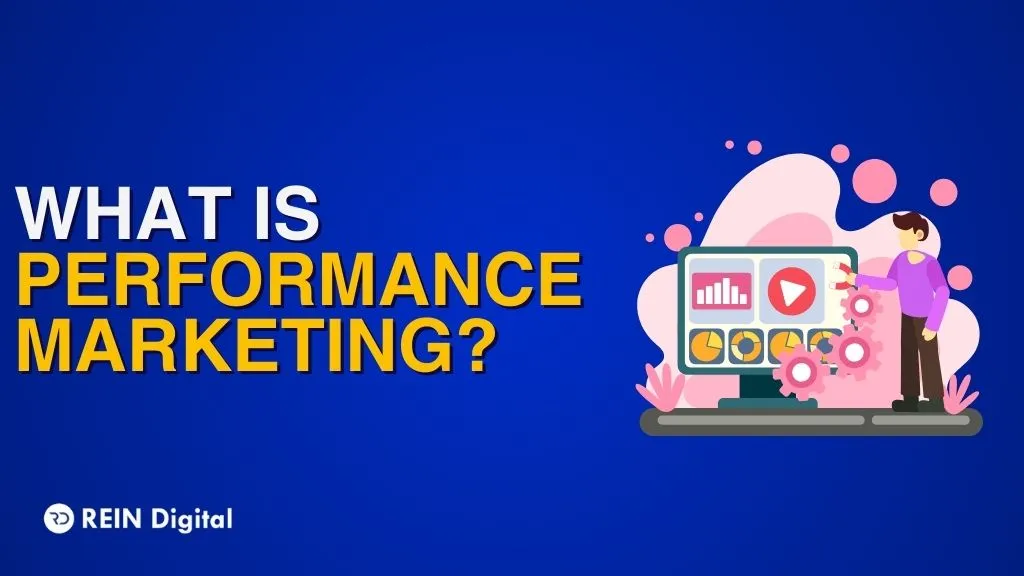
Every year, someone declares: “SEO is dead!” And every year, SEO shows up like that one friend who just won’t leave the party—grabbing another plate of snacks and proving everyone wrong.
So, is SEO dead in 2025? Nope. But it has changed. A lot. The SEO you knew in 2015—keyword stuffing, backlink farms, and “10 tips to…” clones—is long gone. What’s here now is sharper, smarter, and, yes, trickier.
SEO isn’t a fossil, it’s a chameleon. It adapts. The question isn’t “why SEO is dead”—it’s “how should you update your SEO strategy so it still works tomorrow?”
That’s exactly what we’ll dig into in this blog. By the end, you’ll know why SEO still matters, what’s shifted, and how to future-proof your strategy. Ready? Let’s dive.
Is SEO Really Dead?
Every year, someone on LinkedIn, Reddit, or a big marketing blog declares: “SEO is dead!” And every year, Google quietly rolls out another algorithm update, marketers panic, and then… SEO evolves.
Let’s be real—SEO isn’t dead. It’s not lying in a grave next to floppy disks and dial-up internet. But the old way of doing SEO? Oh yes, that’s six feet under. Keyword stuffing, shady backlink farms, writing for bots instead of humans—those tricks might’ve worked in 2008. Today, they’ll just tank your rankings faster than you can say “Google penalty.”
So why do people keep asking “why SEO is dead?” Simple: because the rules have changed. Search engines aren’t dumb crawlers anymore. They’re powered by AI, obsessed with user intent, and ruthless about quality. If your strategy hasn’t evolved, it’s not that SEO is dead—it’s just that your strategy is outdated.
Why People Keep Saying “SEO is Dead”
The phrase “why SEO is dead” pops up every couple of years like clockwork. Marketers tweet it, founders rant about it, and some even base entire LinkedIn posts around it. But why does this myth refuse to die? A few reasons:
1. Google Keeps Moving the Goalpost
One minute you’ve cracked the code, the next—boom—another algorithm update and your traffic graph looks like a rollercoaster drop. From Panda to Penguin to BERT to Helpful Content Updates, Google keeps evolving. Many businesses mistake these shake-ups as a “death sentence” for SEO, when in reality, it’s just Google cleaning up the junk.
2. AI Feels Like the New Boss
With ChatGPT, Bard, and other AI tools, some folks believe people will stop Googling altogether. “Why type a query when AI can spit out the answer in seconds?” they say. But here’s the catch: most AI tools pull their knowledge from search engines and published content. If there’s no SEO, there’s no fresh data for AI to feed on. So AI isn’t killing SEO—it’s feeding off it.
3. Paid Ads Get Louder
Let’s face it—scrolling through a search results page today feels like walking into a neon-lit bazaar. Ads up top, shopping carousels, snippets, FAQs, videos… organic results are getting pushed lower and lower. This makes some marketers feel like organic SEO is “dead.” Truth is, it’s not dead, but it does mean you can’t just rely on one or two old-school tactics.
4. Bad SEO Practices Gave It a Bad Name
Spammy guest posts, keyword stuffing, cheap backlinks—remember those? A lot of brands that relied on those tricks did see SEO “die” for them. Not because SEO itself died, but because those shortcuts did.
Does SEO Matter Anymore?
If you’ve been wondering “does SEO matter anymore?”—the answer is a loud, unapologetic yes. But the way SEO works today isn’t the same as it did five years ago.
Think of it like fitness. You can’t keep eating chips, running once a month, and expect six-pack abs. SEO’s the same—you can’t keyword-stuff one blog post, build a shady backlink or two, and expect traffic to rain down.
Here’s why SEO still matters big time:
- Organic trust > paid interruptions
People scroll past ads. They don’t scroll past a relevant, valuable answer that helps them. Organic SEO builds credibility like nothing else. - Search is not dead, it’s shifting
People are still Googling every second—but they’re also searching on YouTube, TikTok, even Reddit. SEO just means meeting people where they search. - SEO fuels everything else
Blogs, YouTube titles, LinkedIn articles, even AI prompts—they all need keyword research, user intent, and content strategy. That’s SEO behind the curtain.
How to Future-Proof Your SEO Strategy
Okay, so we’ve agreed SEO isn’t dead—it just grew up, put on a suit, and now expects you to actually work for results. If you’re wondering how to stay ahead, here’s your roadmap:
1. Stop Obsessing Over Keywords, Start Obsessing Over Intent
Instead of asking “what keyword should I rank for?” ask “what problem is my audience desperately trying to solve?” Google’s smarter now—it rewards pages that answer real questions, not just repeat phrases.
2. Embrace AI as a Partner, Not a Threat
AI isn’t here to kill SEO—it’s here to reshape it. Use tools like ChatGPT, Jasper, or SurferSEO to brainstorm topics, optimize outlines, and scale ideas. But remember: human storytelling + AI speed = unbeatable combo.
3. Go Beyond Google
SEO isn’t just about blue links anymore. Optimize for YouTube (hello video SEO), TikTok keywords, LinkedIn hashtags, and even voice search. Being visible across platforms is the new ranking game.
4. Double Down on EEAT (Experience, Expertise, Authority, Trust)
Google wants proof that you know your stuff. That means adding author bios, case studies, original research, and real-life examples. Fluff dies, credibility wins.
5. Don’t Forget Technical SEO
Fast websites, mobile-first design, and clean navigation aren’t “extra credit” anymore—they’re survival basics. If your site loads slower than a Monday morning brain, users will bounce.
6. Content That’s More Than Content
It’s not about publishing 20 blogs a month. It’s about publishing one killer resource that people bookmark, share, and revisit. Quality > quantity, always.
Final Verdict
Let’s put this to rest once and for all—SEO is not dead. It’s just not the same SEO you knew five or ten years ago. The days of stuffing keywords, chasing backlinks like a headless chicken, and tricking algorithms are long gone. Today’s SEO is a mix of strategy, creativity, and technical muscle.
If you want to win, you need to:
- Understand your audience deeper than ever.
- Build content that solves, not just sells.
- Treat AI like a teammate, not a threat.
- Keep your site sleek, speedy, and trustworthy.
So, does SEO matter anymore? Absolutely. In fact, it matters more—because without it, your brand risks being invisible in a world drowning in content. The rules have changed, but the game? Still on.














